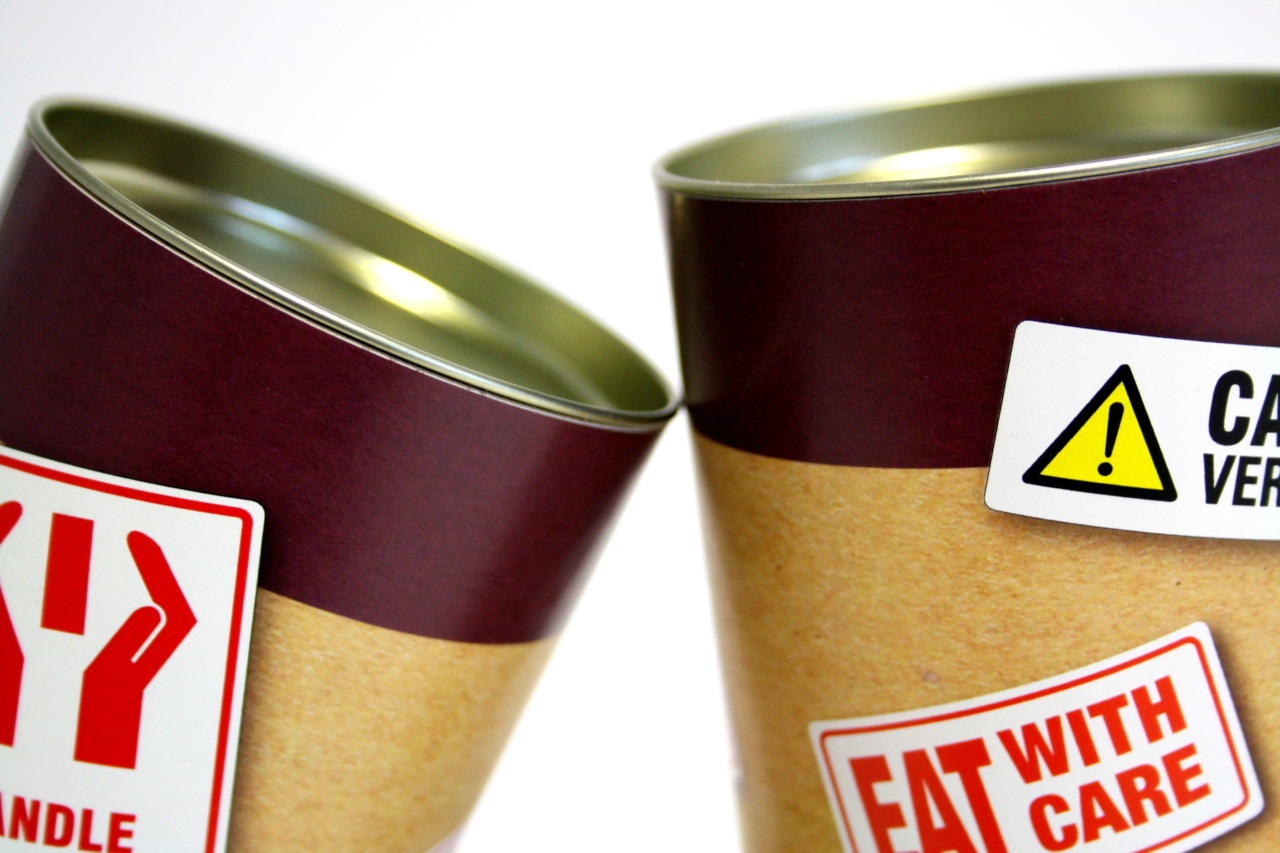Pregnancy is a beautiful yet complex journey that brings numerous physical and hormonal changes to a woman’s body. While many of these changes are well-known and expected, some symptoms may take expectant mothers by surprise.
Hemorrhoids, a common condition characterized by swollen blood vessels in the rectal area, can indeed be a sign of pregnancy. In this article, we will explore the relationship between pregnancy and hemorrhoids, their causes, symptoms, and available treatments.
What Are Hemorrhoids?
Hemorrhoids, also known as piles, are swollen blood vessels in the rectal and anal area. They can develop internally or externally and are often accompanied by itching, pain, and discomfort. Hemorrhoids are classified into four categories:.
Internal Hemorrhoids
Internal hemorrhoids form inside the rectum and cannot be felt or seen. They may cause bleeding, especially during bowel movements.
External Hemorrhoids
External hemorrhoids develop under the skin around the anus and can cause significant pain and discomfort. They may also bleed or form blood clots.
Prolapsed Hemorrhoids
Prolapsed hemorrhoids occur when internal hemorrhoids extend outside the anus. They can be felt as lumps or bulges and may cause irritation and itching.
Thrombosed Hemorrhoids
Thrombosed hemorrhoids are external hemorrhoids that have blood clots within them. They are generally more painful and may require medical intervention.
The Relationship Between Hemorrhoids and Pregnancy
Pregnancy is considered a predisposing factor for the development of hemorrhoids.
As an expectant mother’s body undergoes hormonal and physical changes, the increased pressure on the rectal area can lead to the enlargement of blood vessels, resulting in hemorrhoids. The specific reasons for this increased pressure can be attributed to:.
1. Hormonal Changes
During pregnancy, the body produces higher amounts of progesterone, a hormone that relaxes the walls of blood vessels. This relaxation extends to the blood vessels in the rectal area, making them more prone to swelling and resulting in hemorrhoids.
2. Increased Blood Volume
Pregnant women experience a significant increase in blood volume to support the growing fetus. This increased blood flow can contribute to the development and enlargement of hemorrhoids.
3. Constipation
Constipation is a common complaint during pregnancy due to hormonal changes and the pressure of the growing uterus on the intestines. Straining during bowel movements can further aggravate hemorrhoids or even cause their initial formation.
4. Pressure From the Growing Uterus
As the uterus expands to accommodate the growing baby, it puts pressure on the surrounding organs, including the rectal area. This pressure can lead to the development or worsening of hemorrhoids.
Symptoms of Hemorrhoids During Pregnancy
The symptoms of hemorrhoids during pregnancy are similar to those experienced by individuals who are not pregnant. They may include:.
1. Itching and Irritation
Feeling itchy in the anal area and experiencing irritation is a common symptom of hemorrhoids. This can be particularly troublesome during pregnancy due to the sensitive nature of the skin in this area.
2. Pain and Discomfort
Hemorrhoids can cause varying degrees of pain and discomfort. This can range from a mild burning sensation to severe pain, especially when external hemorrhoids are involved.
3. Bleeding
The most common sign of hemorrhoids is rectal bleeding, especially during bowel movements. While the bleeding is usually not massive, it can be alarming when observed in the toilet bowl or on toilet paper.
4. Swelling and Prolapse
Swollen blood vessels in the rectal area can lead to the formation of lumps or bulges. Internal hemorrhoids may prolapse and extend outside the anus, causing further discomfort and sometimes difficulty in retracting them.
Treatment and Prevention
Fortunately, there are various treatment options available for managing and alleviating hemorrhoids during pregnancy. These include:.
1. Lifestyle Modifications
One of the first steps in managing hemorrhoids during pregnancy is to make small changes in your daily routine.
This can include increasing your fiber intake, drinking plenty of fluids, and adopting a regular exercise regimen to prevent constipation and improve bowel movements.
2. Topical Medications
Over-the-counter topical creams and ointments containing ingredients like witch hazel or hydrocortisone can provide temporary relief from itching, swelling, and discomfort associated with hemorrhoids.
However, it is essential to consult with your healthcare provider before using any medication, even if it is available without a prescription.
3. Soaking in Warm Water
Sitting in a warm Sitz bath for 10-15 minutes several times a day can reduce swelling and alleviate pain caused by hemorrhoids. Adding Epsom salts or herbal preparations to the bathwater can further enhance the soothing effect.
4. Stool Softeners
If constipation is a persistent issue, your healthcare provider may recommend the use of stool softeners to make bowel movements more comfortable and minimize straining.
5. Hemorrhoid Banding or Sclerotherapy
If conservative measures fail to provide relief, your healthcare provider may suggest more invasive procedures such as hemorrhoid banding or sclerotherapy. These procedures involve the use of rubber bands or injections to shrink the hemorrhoids.
When to Seek Medical Attention
While hemorrhoids are typically not a cause for concern during pregnancy, there are instances where medical attention should be sought. These include:.
1. Excessive Bleeding
If you experience heavy or persistent bleeding from the rectal area, it is crucial to contact your healthcare provider immediately as this may indicate a more severe condition.
2. Severe Pain
Intense or prolonged pain that does not subside with home remedies should be evaluated by a healthcare professional to rule out any complications or other underlying issues.
3. Prolapsed Hemorrhoids
If internal hemorrhoids become prolapsed and cannot be pushed back inside the anus, medical intervention may be required to reverse the prolapse.
Conclusion
Hemorrhoids during pregnancy are a common occurrence due to the physiological changes experienced by expectant mothers. While they can be uncomfortable and bothersome, there are various treatment options to manage symptoms effectively.
By adopting preventive measures, making lifestyle modifications, and seeking medical advice when necessary, hemorrhoids can be controlled, allowing pregnant women to focus on the joyous journey of pregnancy.





























